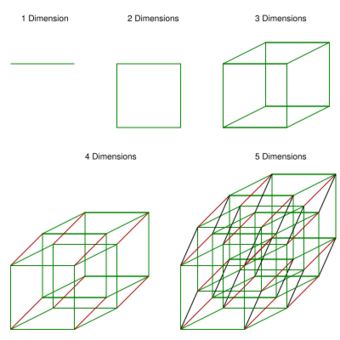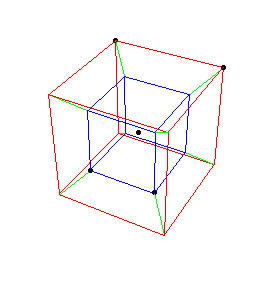Ilah
New member
- Joined
- Jul 13, 2008
- Messages
- 274
- MBTI Type
- INTJ
My dominant is Ni, and I struggle sometimes with having my thoughts all over the place. I think this is common with how N works. Your mind is better at seeing the full range of possibilties (compared with those who are S). Coming up with ideas is easy. Deciding which one(s) to go with is difficult. There is a strong tempation to want to go with all of them. Even if I narrow them down down to a 4th of of my original ideas they will still be all over the map.
This post is a good example. There were many different ideas in this thread I could post about, but I decided to narrow it down to one.
So what is it that helps me to pick just one (or maybe two or three) out of all my ideas to go with and what helps decide to go with just one instead of attempting all of them or 5 of them? Is it a more developed N? I am thinking that a more developed N would just give me even more possibilties, though it might give me a sense of which of my ideas were most important. I think it is one of the judging traits (or maybe both working together) that help narrow it down and give it focus.
T would use logic and analysis to find the most important point(s) and F would use feelings and values to find the most important point(s).
But what about the decision to narrow it down to one or two points and become more focused? For me it is because it seems more logical. T tells me it is generally better to go indepth with one thing than do a little with a whole bunch of points. This feels like a N v. T thing because part of me (N) still wants to do everything, and part of me (T) says it would be better to focus more.
I am not sure how F would help some one to make the decision to do just one thing instead of everything, but I am guessing it does some how. Really anything I say about F is mostly a guess based on things I've read, since my F is relatively week.
I think there may be a learning from experience factor as well. The realization that I spend lots of time and effort learing new things and have never gotten better than intermediate at any of them. I sometimes think of how good I might have been at something if I narrowed my focus to becoming really good at just a few things. This inspires me to try to stay more focused.
Ilah
This post is a good example. There were many different ideas in this thread I could post about, but I decided to narrow it down to one.
So what is it that helps me to pick just one (or maybe two or three) out of all my ideas to go with and what helps decide to go with just one instead of attempting all of them or 5 of them? Is it a more developed N? I am thinking that a more developed N would just give me even more possibilties, though it might give me a sense of which of my ideas were most important. I think it is one of the judging traits (or maybe both working together) that help narrow it down and give it focus.
T would use logic and analysis to find the most important point(s) and F would use feelings and values to find the most important point(s).
But what about the decision to narrow it down to one or two points and become more focused? For me it is because it seems more logical. T tells me it is generally better to go indepth with one thing than do a little with a whole bunch of points. This feels like a N v. T thing because part of me (N) still wants to do everything, and part of me (T) says it would be better to focus more.
I am not sure how F would help some one to make the decision to do just one thing instead of everything, but I am guessing it does some how. Really anything I say about F is mostly a guess based on things I've read, since my F is relatively week.
I think there may be a learning from experience factor as well. The realization that I spend lots of time and effort learing new things and have never gotten better than intermediate at any of them. I sometimes think of how good I might have been at something if I narrowed my focus to becoming really good at just a few things. This inspires me to try to stay more focused.
Ilah








 .[
.[


